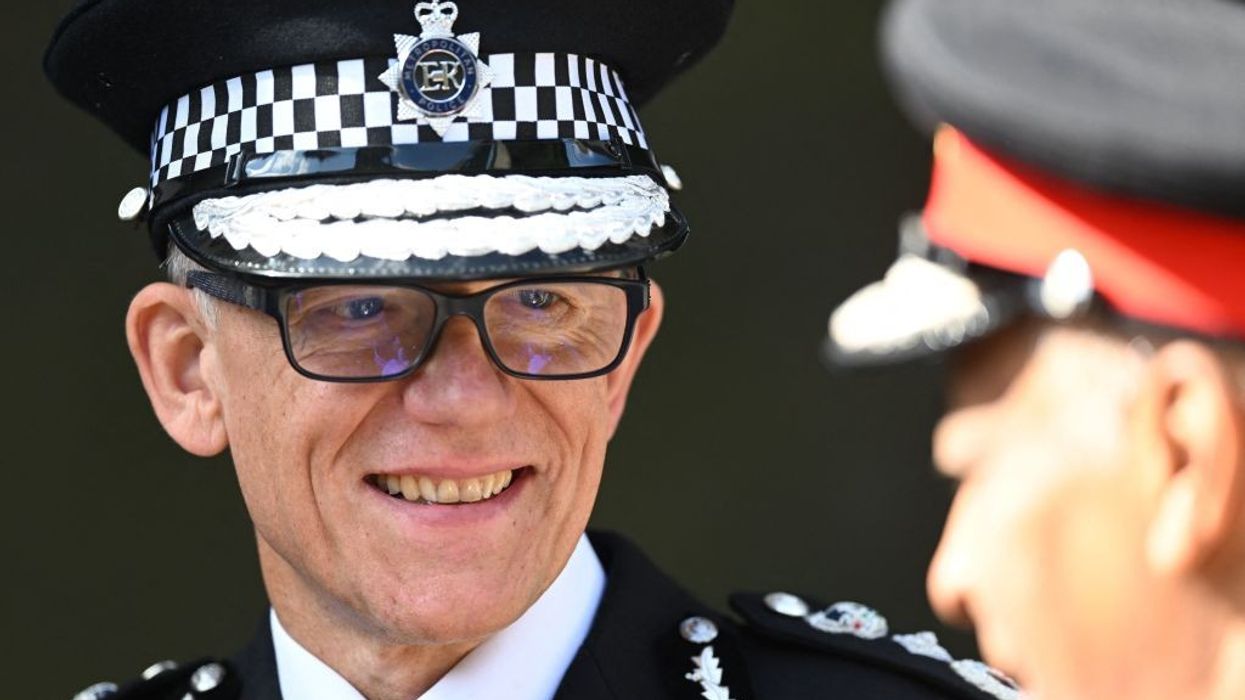Britain’s largest police force has said it is actively working on the commitment to record the ethnicity of drivers stopped by its offers.
The Metropolitan Police ran such a pilot in London for six months last year after being asked by the Mayor’s Action Plan on Accountability and Trust in Policing.
However, the findings of the exercise revealed that there was “no clear difference” between the proportion of stops recorded by ethnicity and the population projections for London, the force said.
A total of 7,556 stops were recorded during the pilot, run one week a month between January and June 2021.
Scotland Yard on Wednesday said the National Police Chief’s Council and the College of Policing Race Action Plan had called for “all forces to record the ethnicity of those involved in traffic stops”.
It said the Met Police “is now actively working with the National Race Action Plan team on the commitment to record the ethnicity of traffic stops.”
“We understand community concerns about road traffic stops and part of answering those concerns is to look at the data,” it said.
Other forces in England and Wales are exploring similar pilots and the Met Police will consider any outputs from those exercises.
However, a Mirror report said the move meant a reversal of Scotland Yard’s decision not to record the ethnic backgrounds of drivers during traffic stops.
Feedback from officers on the last year’s pilot stated that officers “could not see” who was in the vehicle until they had stopped and the recording of data, which would take two minutes, was “time-consuming.”
The newspaper said the analysis of the data showed white drivers were slightly less likely to be stopped for a road traffic offence.
According to it, the report had concluded that the differences were “minimal” and the recording of ethnicities would not continue.
Met Police to record ethnicity of drivers during stops
Findings of a six-month pilot last year showed there was ‘no clear difference' between the proportion of stops recorded by ethnicity and the population projections for London.




